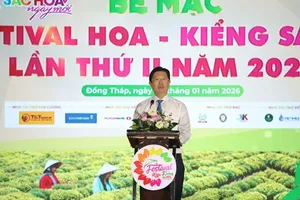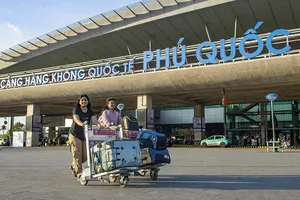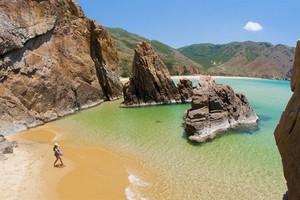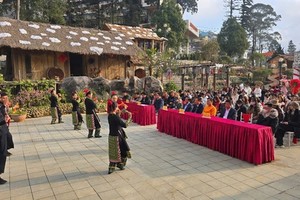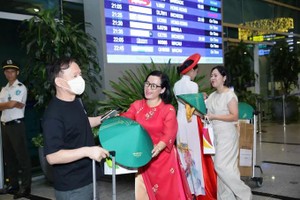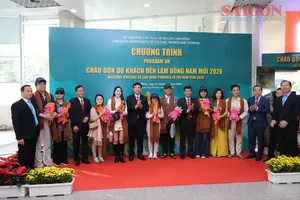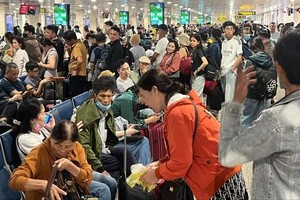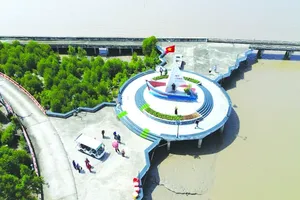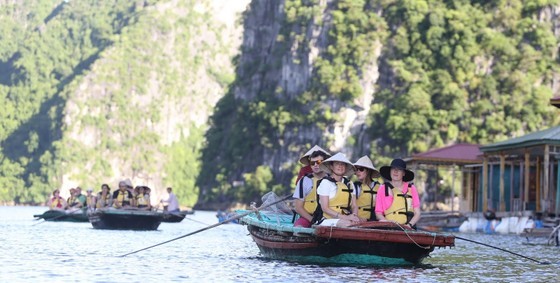 |
The Ministry of Culture, Sports and Tourism has launched the Vietnam Tourism Marketing Strategy for 2030 with the goal of promoting Vietnam as a leading attractive tourist destination in Southeast Asia. (Photo: SGGP) |
The project contributes to the implementation of the Vietnam Tourism Development Strategy for 2030.
The strategy aims to promote Vietnam as a leading and attractive destination that meets the demand of high-spending and long-stay vacationers; receive 18 million international visitors and 130 million domestic tourists as well as maintain a growth rate of 8-9 percent a year by 2025; greet 35 million foreign travelers featuring a growth rate of 13-15 percent a year, 160 million local holidaymakers with a growth rate of 4-5 percent a year by 2030.
In addition, national tourist destinations will highlight the core value of Vietnam's tourism brand associated with potentials, national advantages, cultural identities, special cuisine, ancient heritages, friendly people and beautiful natural landscapes that are expected to bring unique travel experiences to visitors.
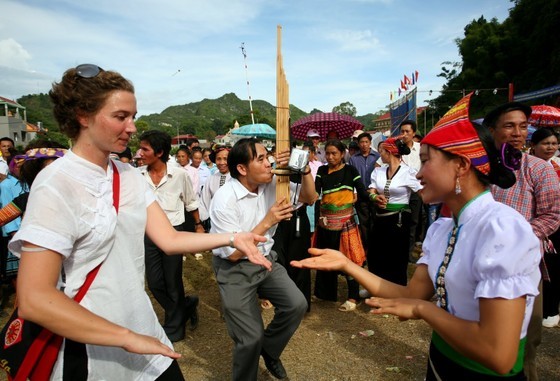 |
The strategy aims to promote Vietnam as a leading and attractive destination that meets the demand of high-spending and long-stay vacationers. (Photo: SGGP) |
The country will continue to promote Vietnam’s tourism brand under the “Vietnam – Timeless charm” slogan; develop types of tourist products of sea and island, ecology, culture, and urbanity presenting popular destinations such as Ha Long, Nha Trang, Phan Thiet, Phu Quoc, Da Lat and Sapa; and boost night-time economy and new types of medical tourism, agritourism, industrial tourism, sports tourism, educational tourism, yachting tourism and MICE tourism.
The strategy will also resume traditional international markets and attract emerging markets of India and countries in the Middle East in the 2022-2025 period; maintain and expand traditional markets, Russia and countries in North-East Asia, Europe, ASEAN, North America, and Oceania in 2026-2030.
The project includes key tasks and solutions, especially digital marketing activities and the application of digital technology to build databases serving tourism marketing strategies.
